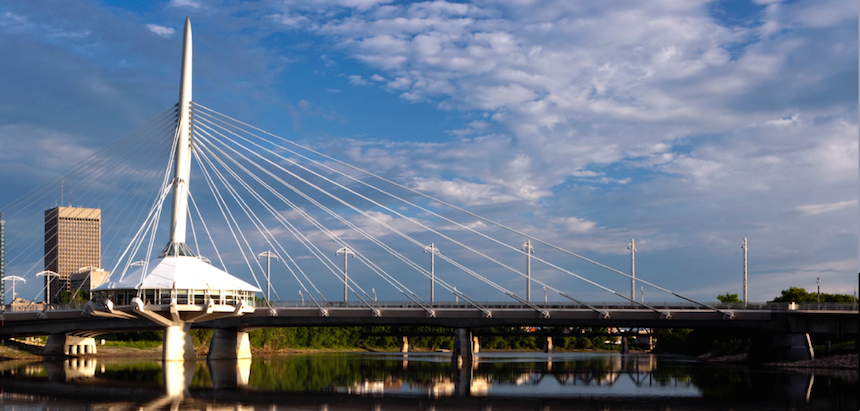 On this page, we will deal with these issues related to how you act as a citizen that can make a real difference in this struggle to deal with the climate change issue:
On this page, we will deal with these issues related to how you act as a citizen that can make a real difference in this struggle to deal with the climate change issue:
Click a link in the list above to jump to that topic on this page.
“Never doubt that a small group of thoughtful, committed citizens can change the world. Indeed, it is the only thing that ever has.”
– Margaret Mead
There is no reasonable doubt in the scientific community that the climate is changing and that human-generated greenhouse gases (GHG) are the main cause.
In order to prevent a rise of more than 2ºC, we in the rich countries must reduce our greenhouse gas emissions by 90% before 2030.(1)
One of the key criteria for success and fairness in this is that the cut applies to everyone.
Changes in public policy are needed to achieve this. However, public policy to reduce our GHG pollution is lagging well behind the science. Policy will only change if we, as citizens, indicate what we want.
Citizenship is not just about voting. It’s about how we conduct ourselves – in our churches, in our professional organizations, in our community (at all levels – civic, provincial, and national), and in our personal lives.
As in a choir, individual voices can be missed, but collected together they can achieve real power and resonance. If enough people speak up, a critical mass can be achieved and positive change will result.
Consumers vs. Citizens
Before the mid-20th century, people were often engaged with issues related to citizenship: the right to vote, civil rights, the rights of women, public health. Since the 1970s the marketplace has been successful at shifting the public focus to consumer rights and consumer fears. The result is higher consumer spending, lower voter turnout, greater social disparity, and vastly increased environmental damage.
Now many people believe that the solutions to GHG emissions threaten their consumer security. But world renowned economist, Sir Nicholas Stern, in a comprehensive report prepared for and released by the British government. The Stern Review Report on the Economics of Climate Change, predicts that failure to address climate change will be much more costly than inaction. (2). Indeed, action to reduce greenhouse gases will present opportunities for economic growth that could benefit the general well being of all citizens.
Historical precedents
“A government [cannot] act unless its citizens are demanding that it do so: more loudly and more effectively than those that demand that nothing change.”
– George Monbiot, Heat
Your voice counts; making your concerns known will make a difference. There are many examples in history where grassroots movements resulted in policymakers making significant changes in direction:
- Canadian Medicare – During the Great Depression calls for a public health system in Canada were widespread. In 1946, Tommy Douglas’ Co-operative Commonwealth Federation (CCF) government guaranteed free hospital care for much of the population in Saskatchewan. The ripple effect throughout Canada and citizen pressure led to The Canada Health Act of 1977.(3)
- Anti-apartheid sanctions – Local actions and protests in communities throughout the US led to the the U.S. Congress and President Reagan enacting comprehensive economic sanctions against South Africa. (4) These sanctions combined with worldwide citizen pressure and the popular uprisings in South Africa resulted in the end of apartheid in 1988. (5)
- American civil rights movement – Through the 1950s and 60s, American citizens joined together in the civil rights movement to pressure governments to repair the unjust legacy of slavery and racism. Governments responded to citizen pressure by guaranteeing citizen rights and opportunities for all. (6)
- The fall of communism – The Polish Solidarity movement began in the Gdansk shipyards in 1980 and was a key stepping stone toward the eventual fall of the Berlin Wall and the collapse of the Iron Curtain in 1989.
What you can do
Here are actions you can take:
- Educate yourself – Read books and articles on the subject. There are some excellent choices in the LINKS in the upper right corner of this page above. Explore the rest of this site and the rest of the web. Read until you are comfortable with your knowledge.
- Educate others – As you learn about this subject, share what you have learned with others in your personal life: colleagues, neighbours, friends, and family. Discuss the topic with them and learn together. Use the pamphlets and brochures available from Climate Change Connection or from the Resources area of this site.
- Express yourself – to policy makers, media, colleagues, neighbours, and friends:
- Write letters to the editor
- Write letters to your elected representatives
- Vote – When an election comes up, become aware of the positions of the candidates on this issue. Vote as your conscience dictates but make sure you vote and get your colleagues, neighbours, friends, and family to vote too.
- Post signs – Make your choice visible. Put a sign for the candidate of your choice on your lawn, if you have a lawn, or in your window if you live in an apartment.
- Run for office – Go for it! Now that’s what democracy is really all about. This is how you will have the most influence – especially if you get elected. You don’t even need to get elected to have an influence. If you make convincing arguments, others will learn from you and may take up the cause.
- Set an example – Live by the suggestions on the Personal solutions area of this website. Live them in a manner that is visible to others so that they will follow your example.




